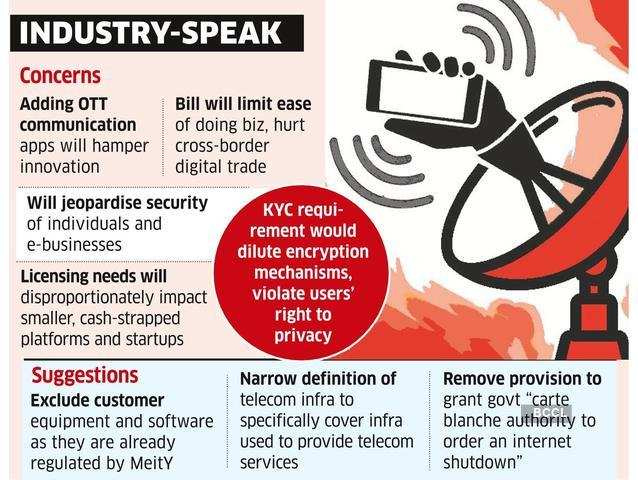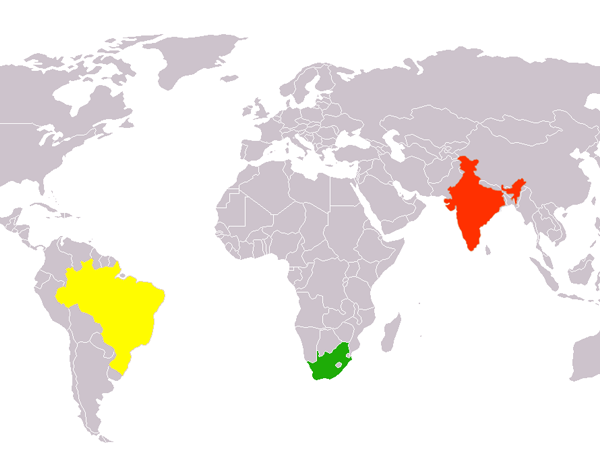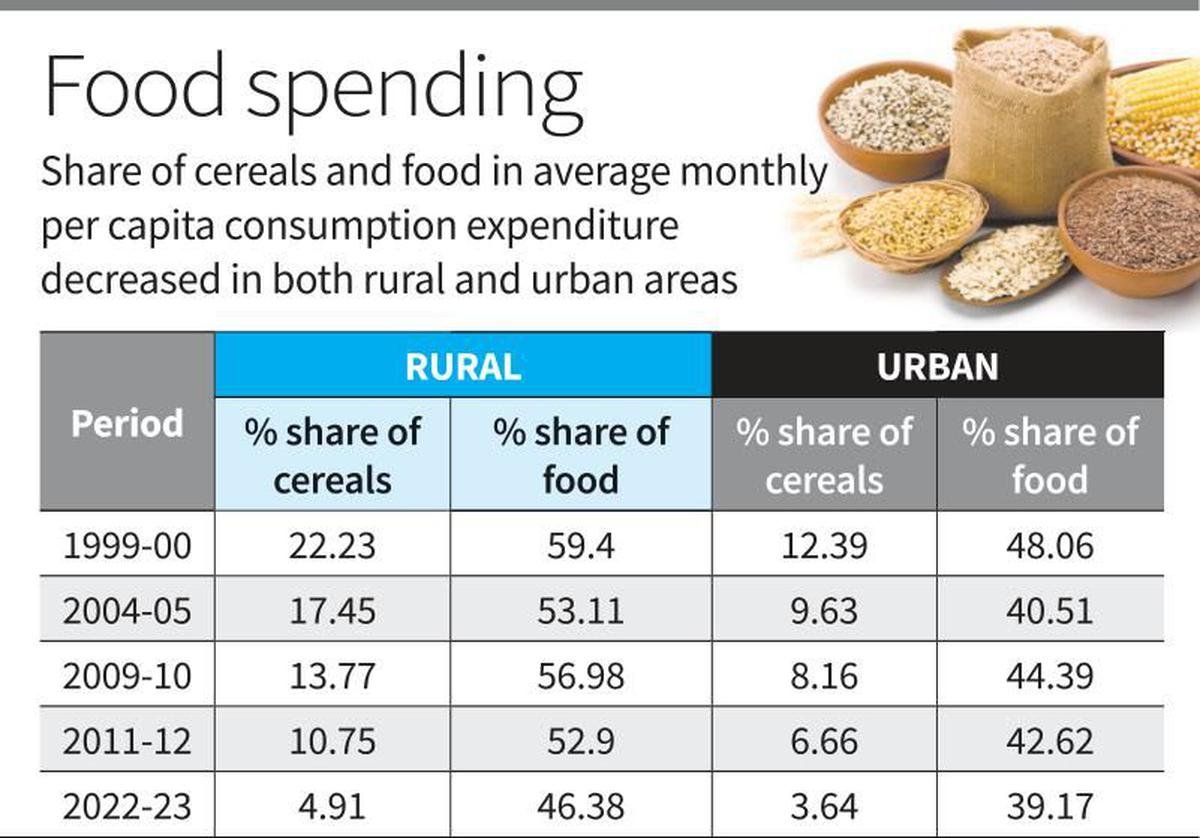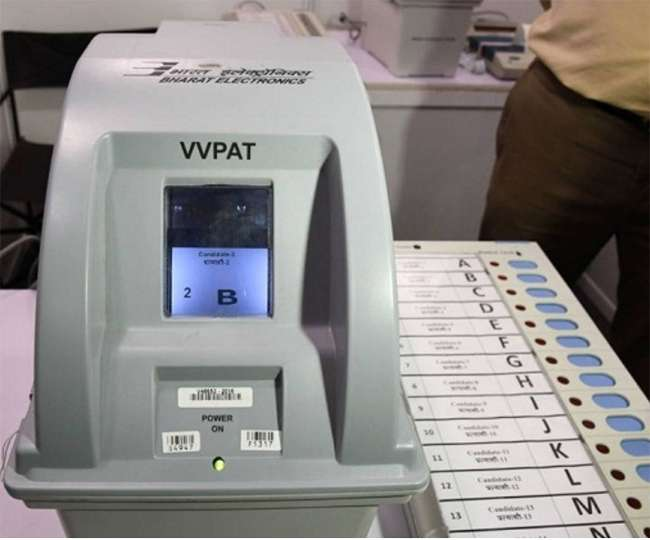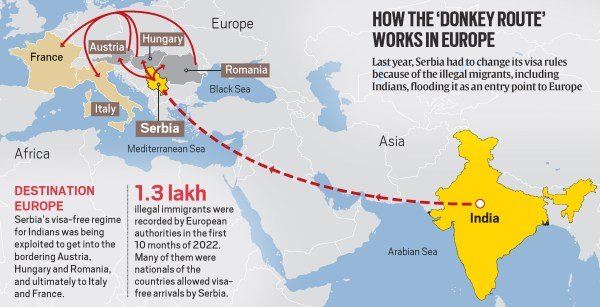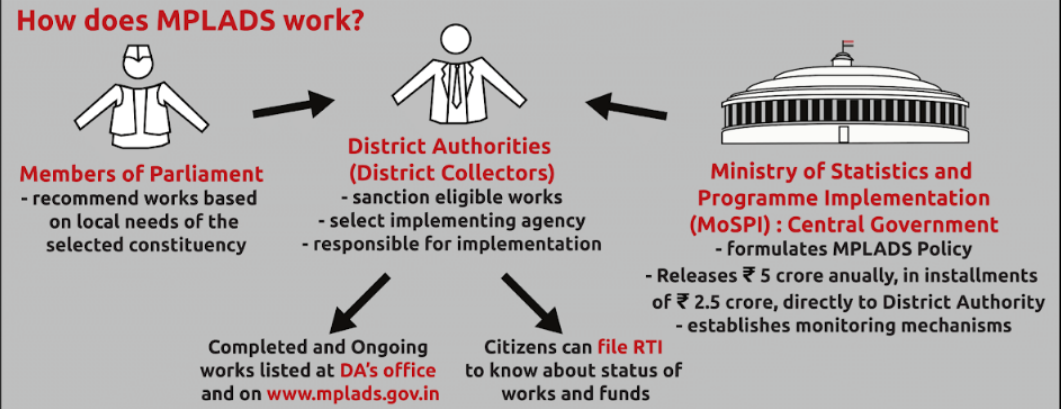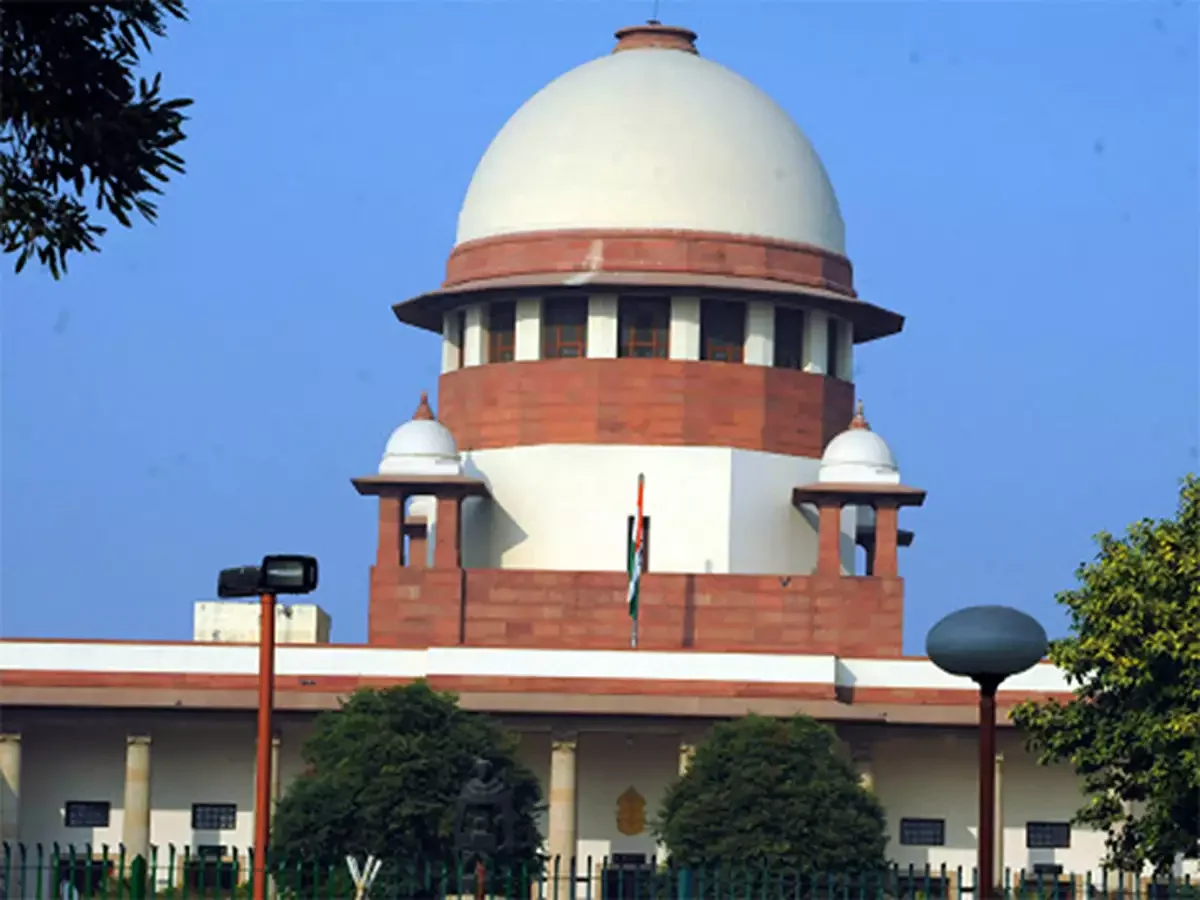
10 Years of NALSA Verdict and Present Status of Transgenders
Subscribers of "Current Affairs" course can Download Daily Current Affairs in PDF/DOC
Subscribe to Never Miss an Important Update! Assured Discounts on New Products!
Must Join PMF IAS Telegram Channel & PMF IAS History Telegram Channel
- Context (TOI): Ten years after the NALSA judgement, significant changes for transgender individuals remain elusive in practice.
- Experts argue that while the landmark judgment recognised the community normatively, efforts over the past decade to translate it into a significant impact have been lacking.
- The judgment led to the enactment of The Transgender Persons (Protection of Rights) Act, 2019.
SC judgement in National Legal Services Authority Vs Union of India, 2014
- The court relied on various judgements from foreign courts, such as those in New Zealand, Australia, Malaysia, and England.
- It made a distinction between Biological sex and Psychological sex. It said no to gender identification based on biological sex and gave full importance to identification based on psychological sex.
- It ruled that all international convention provisions, including the Yogyakarta Principles, must be followed if they align with the fundamental rights guaranteed by Part III of the IC.
- The State and GoI must grant transgender people full recognition in the eyes of the law so that they can get education and healthcare without being subjected to any discrimination. It also decided that Hijras and Eunuchs are to be treated as the “third gender”.
- It directed the GoI and states to set up separate HIV Zero-Surveillance Centers, provide separate public toilets, and ensure proper medical care for transgender individuals in hospitals.
- It held that transgender people fall within the purview of the IC and, thus, are fully entitled to the rights guaranteed therein.
- Article 14: Guarantees equality to “any person”, which means man, woman, and transgender, and as such, they are also guaranteed equal protection by the law.
- They have equal rights in employment, health care, education, and civil rights.
- Discrimination based on sexual orientation and gender identity constitutes a violation of FRs.
- Article 19: Transgender individuals have freedom of expression, wherein they can talk, dress, act, and behave in a manner they like.
- Article 21: They also have a right to live a life of dignity.
- Article 14: Guarantees equality to “any person”, which means man, woman, and transgender, and as such, they are also guaranteed equal protection by the law.
Issues faced by transgenders
- Lack of Legal Protection: They are subjected to custodial violence, dereliction of duty by the state and overall apathy to their issues such as educational, residential, medical and employment.
- Poverty: Lack of legal protection translates into unemployment for transgender people. They’re denied services and experience high rates of unemployment, housing insecurity and marginalisation.
- Harassment and Stigma: They are met with ridicule from society and are considered mentally ill, socially deviant and sexually predatory.
- Anti-Transgender Violence: They endure forced gender conformity, aversion-based therapies, forced marriages, stripping, abuse, and sometimes familial pressure into prostitution.
- Barriers to Healthcare: Their exposure to primary healthcare is minimal as they are subject to apathy from the medical fraternity, with professionals lacking transgender healthcare competency.
What is the Timeline of Reforms for Transgender Persons?
- 2009: the EC issued appropriate directions to all states to amend the registration forms’ format to include an option of “others.”
- This enabled transsexual people to tick the column if they didn’t want to be identified as either male or female.
- 2014: The SC in NALSA Vs. Union of India (2014) recognised them as the “Third Gender”.
- In the landmark ruling, SC observed that “recognition of transgender people as a third gender is not a social or medical issue, but a human rights issue”.
- 2014: The Rights of Transgender Persons Bill was introduced as a private member’s Bill and passed by the Rajya Sabha in April 2015.
- 2019: The Transgender Persons (Protection of Rights) Act was enacted.
- 2020: Transgender Persons (Protection of Rights) Rules were framed under the Transgender Persons (Protection of Rights) Act, 2019.
- 2020: The Ministry of Social Justice and Empowerment launched
- A National portal for transgender persons in 2020 and
- The National Council for Transgender Persons (NCTP), a statutory body, was established.
- Garima Greh, a shelter home for transgender people was established.
- The Ministry of Home Affairs sent an advisory to Heads of Prisons in the States/UTs to ensure the privacy and dignity of third-gender inmates in 2022.
National Portal for Transgender Persons
|
Transgender Persons (Protection of Rights) Act, 2019
- Definition of Tansgenders: According to the Act, transgender means a person whose gender does not match with the gender assigned to that person at birth.
- It includes trans-person with intersex variations, gender-queer and persons having such socio-cultural identities as kinnar, hijra, caravan and jog.
- Prohibition Against Discrimination: It prohibits discrimination against transgender people in relation to opportunities for education, jobs, health care services, access to services, etc.
- Right to be Recognized as Transgender: Every person has a right to be recognised as transgender.
- A certificate of identity must be obtained from the District Magistrate, who will issue it based on the District Screening Committee’s recommendation.
- The Act calls for establishing a National Council for Transgender Persons (NCT).
- Right of Residence: No transgender person shall be separated from parents or immediate family on the grounds of being transgender.
- Health Care: The Act also seeks to provide rights of health facilities to transgender persons, including separate HIV surveillance centres and sex reassignment surgeries.
- It also states that the government shall review medical curricula to address the health issues of transgender persons and provide comprehensive medical insurance schemes for them.
- Penal Provisions: It criminalises:
- Begging, forced or bonded labour
- Denial of use of a public place;
- Denial of residence in the household, village, etc.;
- Physical, sexual, verbal, emotional and economic abuse.
Challenges Associated with the Act
- Transgender persons are not appropriately defined and the Act does not have any provision for self-determination of gender.
- The Act doesn’t address transgender reservations, despite the 2014 SC NALSA judgment based on their social and educational backwardness.
- The criminalization of begging impacts transgender individuals who rely on it for income, like through dancing or singing, without providing alternative social security measures.
- It sets lighter consequences for discrimination and assault on Trans people compared to cis-gender people, which prescribes a jail sentence of 7 years for sexual assault on women.
|
- The Act treats transgender as victims rather than an empowered subject with rights.
- The Standing Committee’s concerns about recognising rights in marriage, divorce and adoption of transgender persons have not been addressed.
- The Act violates the transgender’s constitutional Right to Freedom of Residence under Article 19, as they must either stay with their parents or approach a court.





![PMF IAS Environment for UPSC 2022-23 [paperback] PMF IAS [Nov 30, 2021]…](https://pmfias.b-cdn.net/wp-content/uploads/2024/04/pmfiasenvironmentforupsc2022-23paperbackpmfiasnov302021.jpg)
